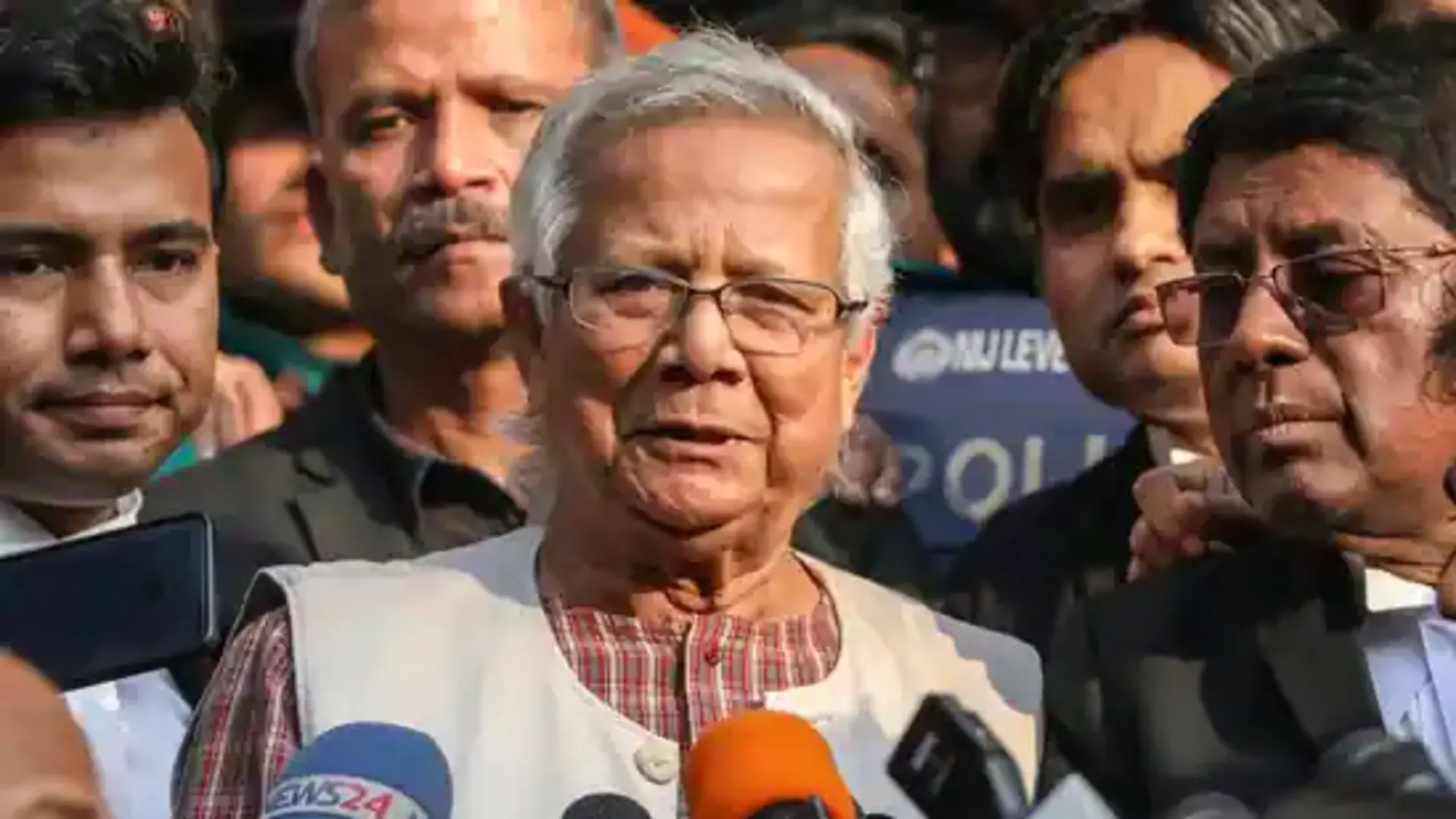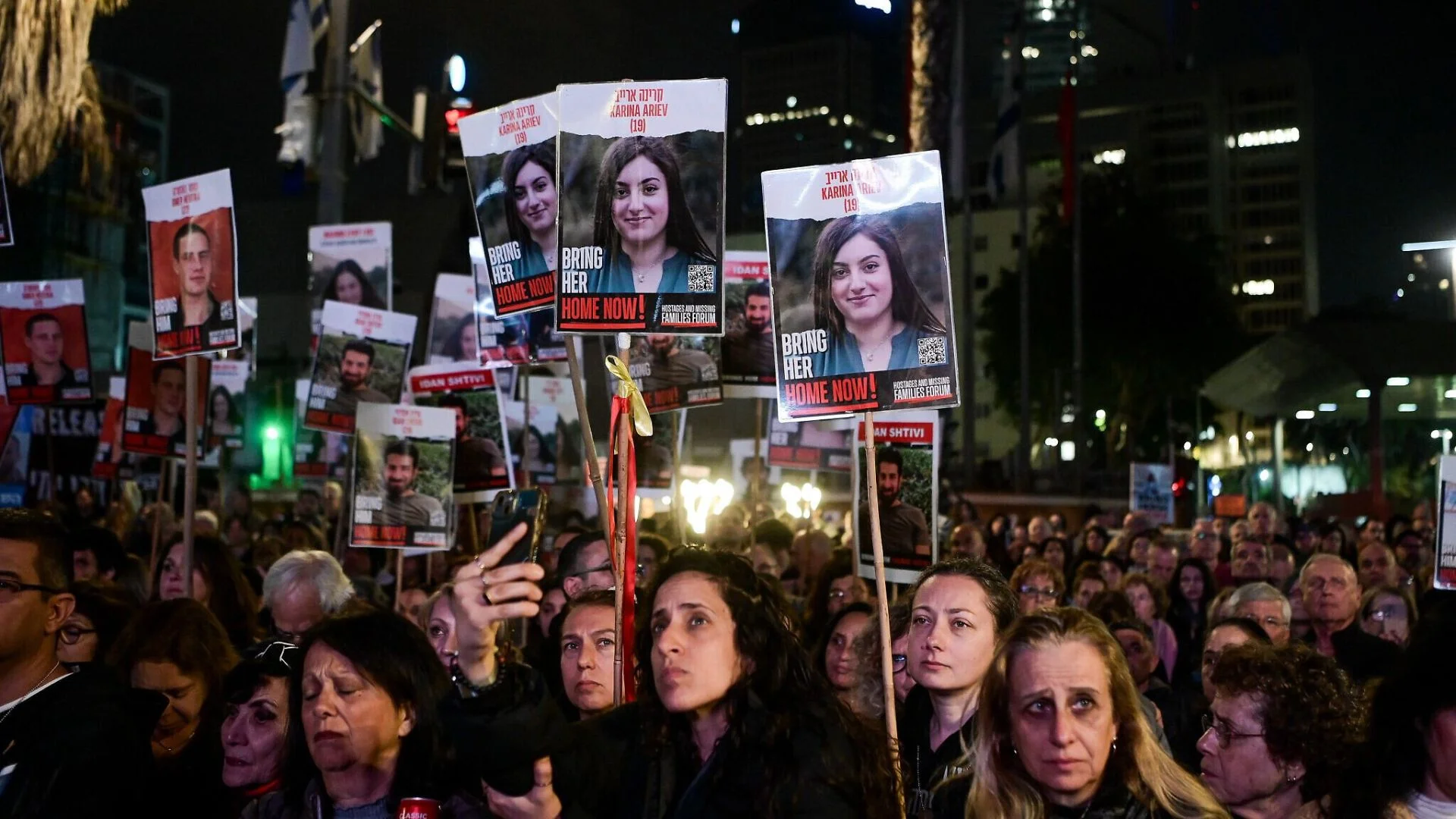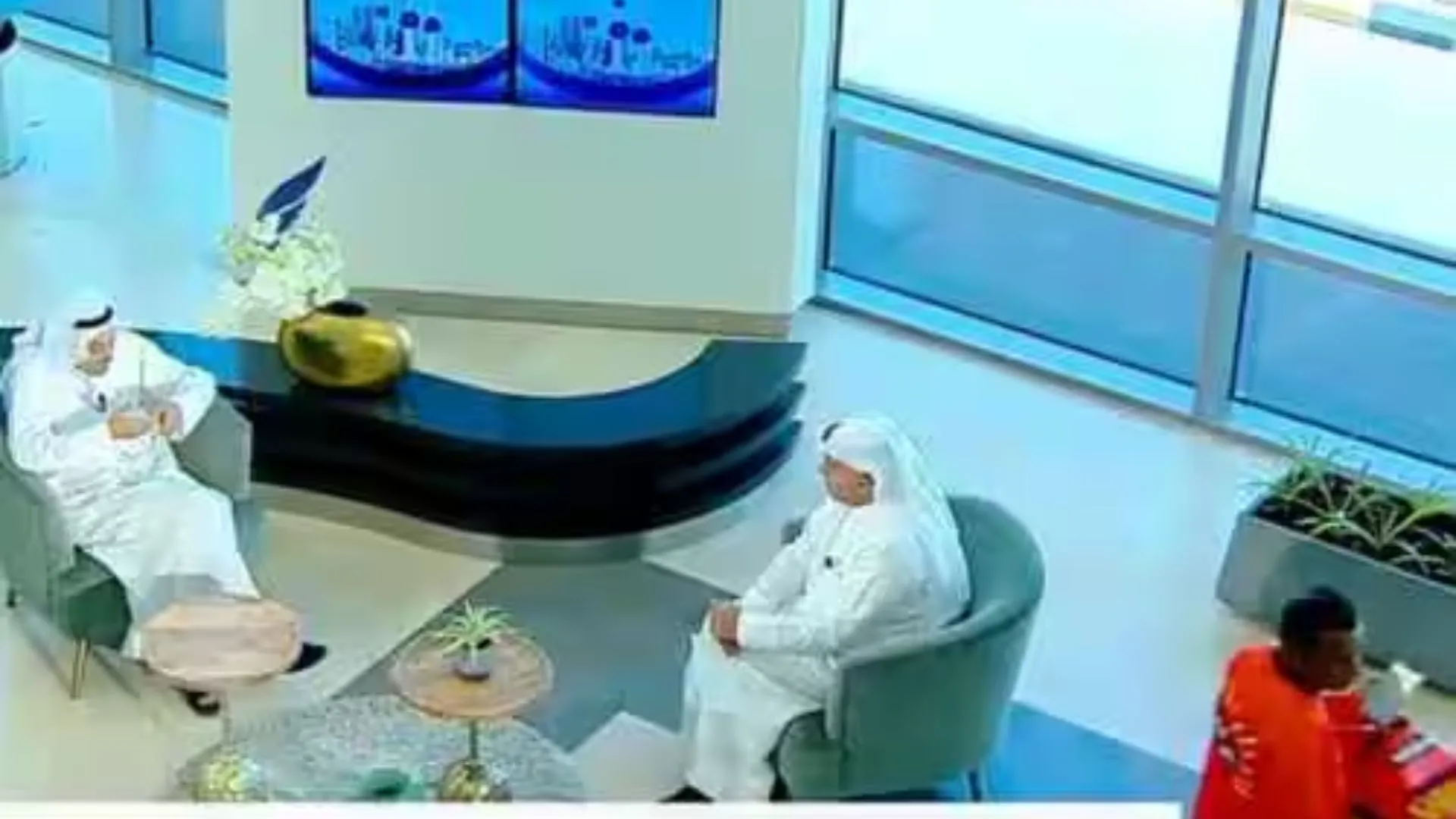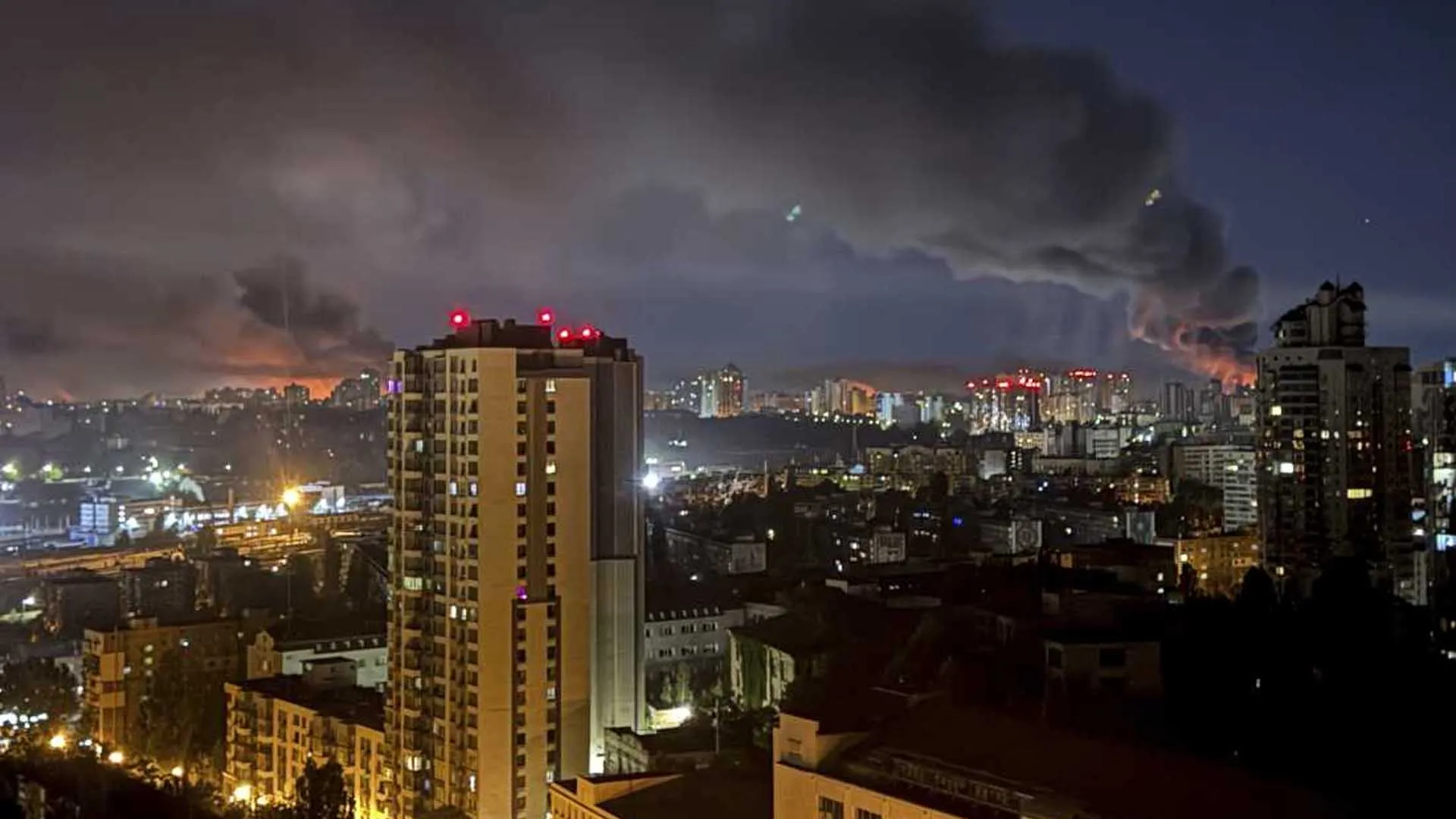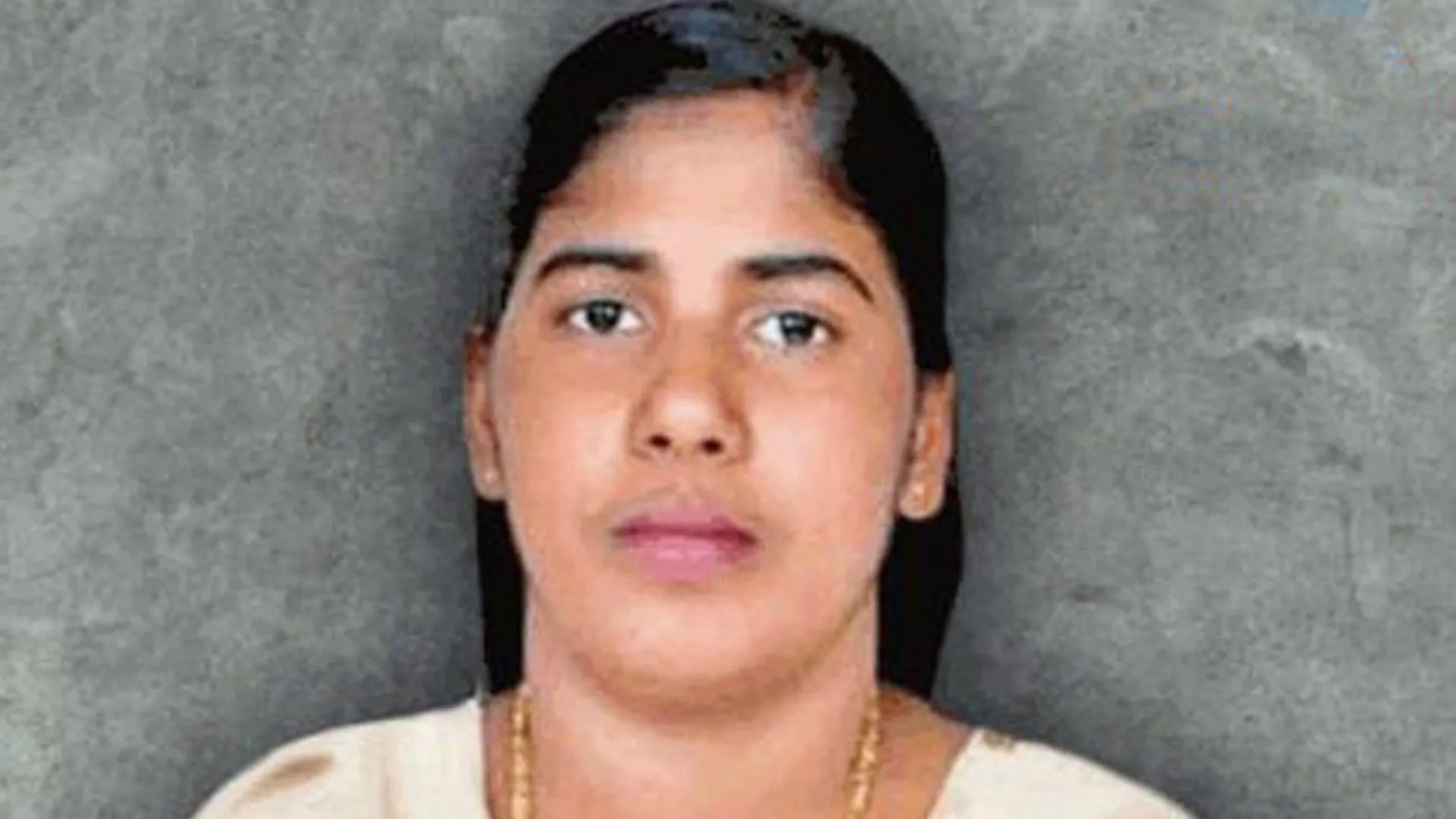Bangladesh’s Chief Adviser to the interim government, Muhammad Yunus, is set to meet BNP Acting Chairman Tarique Rahman in London to address the ongoing political crisis ahead of the national elections, which are tentatively scheduled for April 2026. The crucial two-hour meeting is planned for 9 a.m. local time at a hotel in London. Both BNP and interim government officials confirmed that all preparations for the discussion have been completed.
The dispute between the two sides centers on the timing of the elections. While Yunus insists on holding the vote in early April next year, BNP is pushing for elections to take place by December 2025. Army Chief General Waker-uz-Zaman has also supported the BNP’s preferred timeline. Yunus argues that the interim government needs time to implement institutional reforms and begin prosecuting key leaders of the banned Awami League, including former Prime Minister Sheikh Hasina. However, the BNP has warned that an April election would clash with Ramadan, which begins in mid-February, potentially disrupting campaigning in the Muslim-majority nation.
The London meeting is being viewed as a possible turning point in Bangladesh’s political landscape. It marks the first major engagement between top figures of the BNP and the interim government since the dramatic fall of Sheikh Hasina in August 2024. Following her ouster in a student-led uprising, Hasina has been living in self-imposed exile in India. Meanwhile, the BNP, led by Khaleda Zia’s son Tarique Rahman, has emerged as the country’s largest political party, especially after the Awami League was banned from participating in elections.
Tarique Rahman has been living in London for the past 16 years. His potential return to Bangladesh is expected to further energize the BNP’s campaign. Meanwhile, Muhammad Yunus, who is currently on a four-day official visit to the UK, faced diplomatic friction when British Prime Minister Keir Starmer declined to meet him—allegedly due to objections from the Awami League.
As political tensions remain high, this meeting between Yunus and Rahman could prove critical in shaping the future of Bangladesh’s democracy. Both sides are under pressure to resolve their differences and ensure free and fair elections in the coming months.

